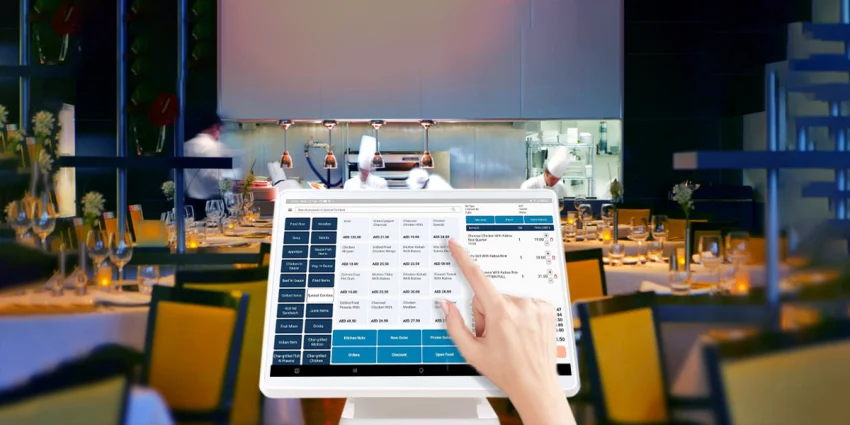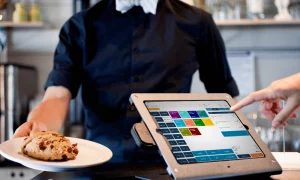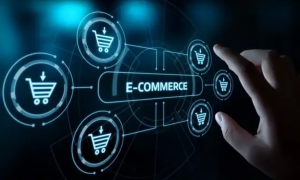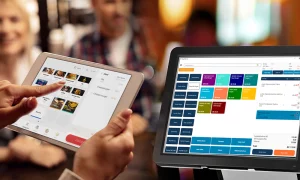In the fast-paced world of restaurant management, a Point-Of-Sale (POS) system can be a game-changer. Whether you’re running a small cafe or a large restaurant chain, a POS system can help streamline your operations, increase efficiency, and improve the overall guest experience. Now, let’s dive into the features, benefits, and considerations when choosing a system for your business.
What is a Restaurant POS system?
A POS system is a software and hardware solution that enables businesses to process transactions and manage various aspects of their operations. A restaurant POS system is specifically designed to meet the needs of the food service industry. It typically includes features such as menu management, order taking, table management, and payment processing.
Features of a restaurant POS system
A restaurant POS system can have a variety of features depending on the specific needs of your business. Here are some common features you can expect to find in most restaurant POS systems:

Menu Management
A POS system can help you manage your menu by allowing you to create and modify items, set prices, and update descriptions. This feature can help you keep your menu up-to-date and ensure that your staff is always working with the latest information.

Order Taking
A restaurant POS system allows you to take orders quickly and efficiently. Orders can be taken at the table using a tablet or handheld device, or at a fixed terminal. This feature can help reduce wait times and improve accuracy by allowing servers to input orders directly into the system.

Table Management
A POS system can help you manage tables by providing an overview of which tables are available, which ones are occupied, and which ones need to be cleaned. This feature can help reduce wait times and ensure that your guests are seated promptly.

Payment Processing
A POS system can process payments in a variety of ways, including cash, credit cards, and mobile payments. This feature can help speed up the payment process and reduce errors by automatically calculating totals and processing transactions.
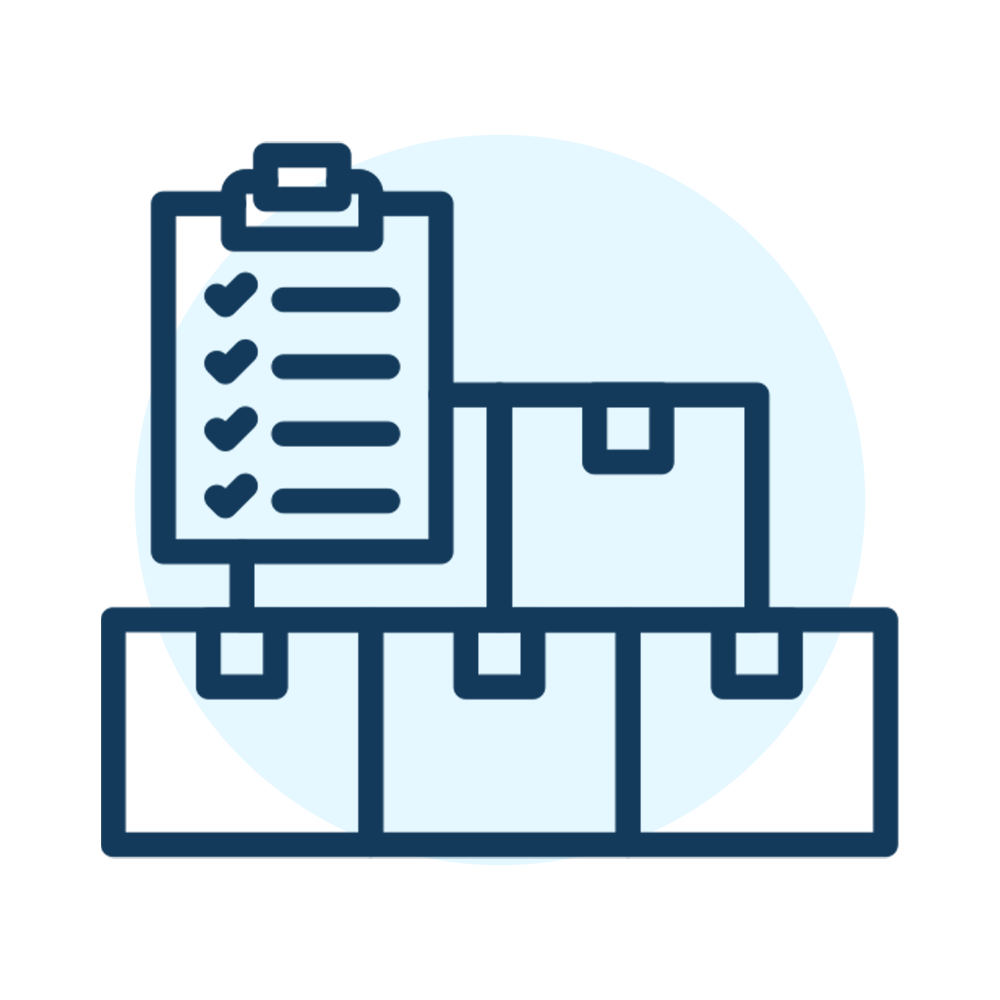
Inventory Management
A POS system can help you manage your inventory by tracking stock levels, monitoring sales, and generating alerts when supplies run low. This feature can help reduce waste and ensure that you always have the necessary ingredients on hand.

Reporting and Analytics
A POS system can provide you with valuable insights into your business by generating reports and analytics on sales, labor costs, inventory levels, and more. This feature can help you make data-driven decisions and identify areas for improvement.
Benefits of a restaurant POS system
Implementing a restaurant POS system can offer several benefits for your business, including:
Increased efficiency
A POS system can help you streamline your operations and reduce the time it takes to complete tasks. This can help your staff work more efficiently and serve more guests in less time.
Improved accuracy
A POS system can help reduce errors by automating tasks such as order taking, payment processing, and inventory management. This can help you avoid costly mistakes and improve the overall guest experience.
Enhanced guest experience
A POS system can help you provide better service to your guests by reducing wait times, improving order accuracy, and offering more payment options. This can help improve guest satisfaction and encourage repeat business.
Better data insights
A POS system can provide you with valuable data insights that can help you make informed decisions about your business. This can include data on sales, inventory, labor costs, and more.
Considerations when choosing a restaurant POS system
When choosing a restaurant POS system, there are several factors you should consider, including:
- Cost
POS systems can vary in price depending on their features and functionality. Make sure to consider your budget and choose a system that offers the features you need at a price you can afford.
- Scalability
Make sure to choose a POS system that can grow with your business. Consider how easily the system can be scaled up or down, and whether it can accommodate multiple locations if you plan on expanding.
- Integration
Consider whether the POS system can integrate with other software or hardware solutions you may already be using, such as accounting software, online ordering systems, or kitchen display systems.
- User-friendliness
Choose a POS system that is user-friendly and easy for your staff to learn and use. A system with a user-friendly interface can help reduce training time and increase staff efficiency.
- Customer support
Make sure to choose a POS system that offers reliable customer support, including phone, email, and chat support. Consider whether the vendor offers ongoing training and updates, and whether they have a good reputation for customer service.
A restaurant POS system can be a valuable asset for your business, helping you streamline operations, improve efficiency, and enhance the overall guest experience. When choosing a POS system, consider factors such as cost, scalability, integration, user-friendliness, and customer support. With the right POS system in place, you can take your restaurant to the next level and achieve greater success.
